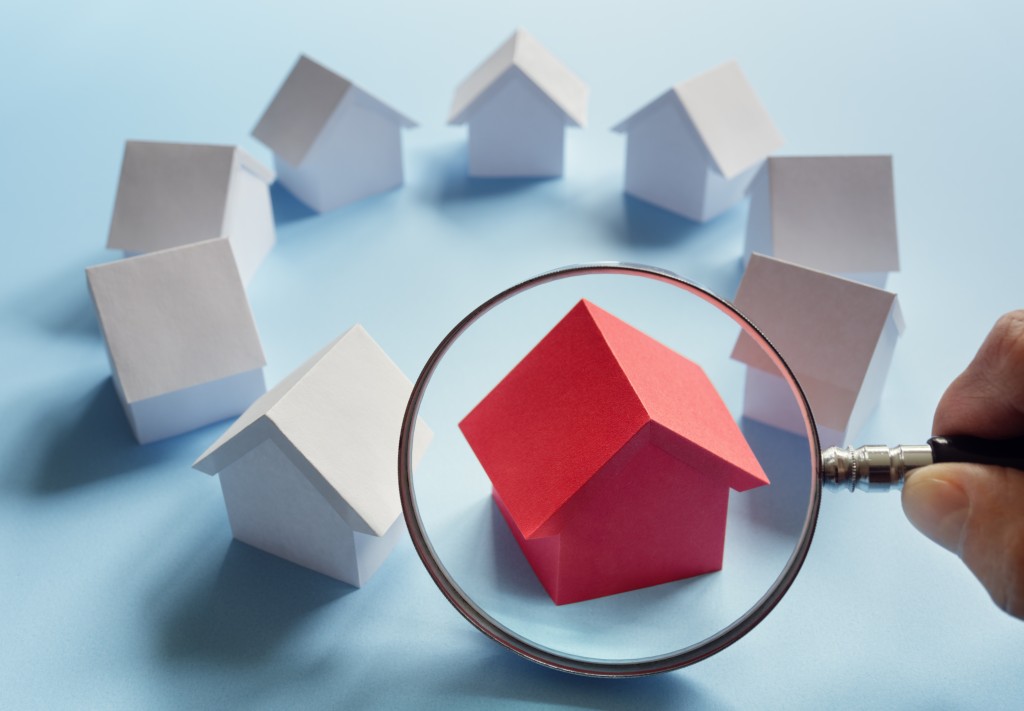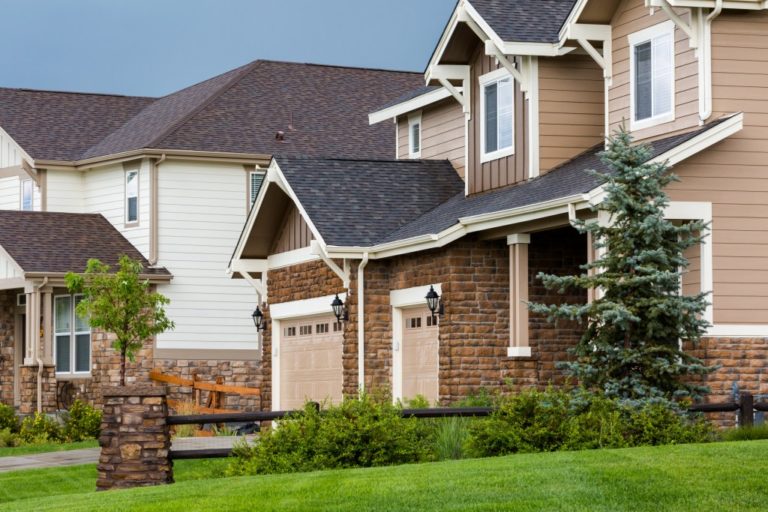Owning your first home is a huge milestone for many young professionals. On average, the average age people in Australia buy their first home is at the age of 35 or 36 – that’s up from the mid-90s average of 33. So, if you’re in your twenties or early thirties and are capable of putting a down payment on your first home, you might be proud to know that you’ve done so much earlier.
But as a first-time potential property owner, how do you choose a property that can benefit you a long time? Here are some useful tips.
Proximity to Work and Key Areas
It is impractical to live far away from work (especially if you don’t have a car for easy travel) and other places like commercial establishments, hospitals, entertainment sites, and other places. Buying properties like land for sale ensure you’re close to all necessities you need.
If living close to work is not a financially feasible option, try to see which location works best. For example, it might not be a bad idea to live farther from work if your property’s location has easy access to public transportation that can get you to your office and back home.
Price of Property
The price of a new two-bedroom house in the heart of the city is not the same as a new two-bedroom house along the outskirts of a city. Homes in highly developed areas with a high demand for housing are more expensive than areas where there are plenty of available areas in the market.
When thinking of the financial costs of buying a home, choose a home that meets your budget even when taking out a loan. The more expensive your house is and the bigger loan you take out, the higher your loan payments are in the near future – and this can be difficult to pay on top of your other living expenses eating up your income.
By rule of thumb, just like rent, don’t buy a house if your monthly loan payments for it will cost over 30 percent of your monthly budget. Any higher and you may have difficulty affording the other costs of living.

Cost of Living
Buying a house does not entail just the house itself. You might be able to afford the house, but you might find it difficult to manage the cost of living in the area.
It’s more expensive to live in highly developed cities, especially if you’re living close to the heart of the business district. But the farther you live from the hustle and bustle of the city, the less expensive the cost of goods.
Future Potential
Are you looking at your first property as your forever home to grow old and raise a family? Or are you simply looking at it as a starter home you plan to sell and move out in the future? Either way, future events may affect your property’s value positively or negatively.
For example, future developments like schools, hospitals, commercial centers, and public transportation developments near the area can drive up property value. But the threat of building landfills, prisons, and other unwanted establishments, on the other hand, can hit your value. Your real estate agent should help guide you through these possible future developments in the area.
First-time property buyers have a lot to think about when buying their first home. If you think you are not prepared to handle the financial responsibility of owning a large home, talk to your real estate agent about which homes you can afford and can benefit you in the long run.




